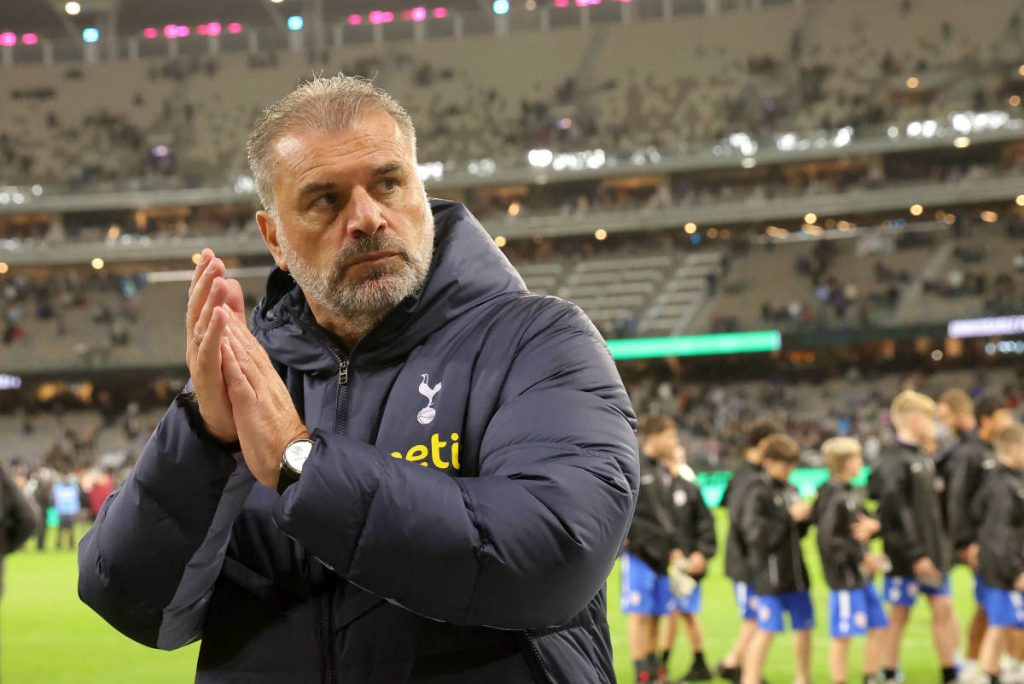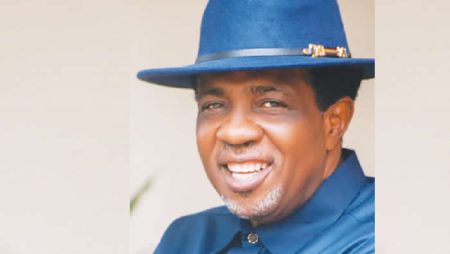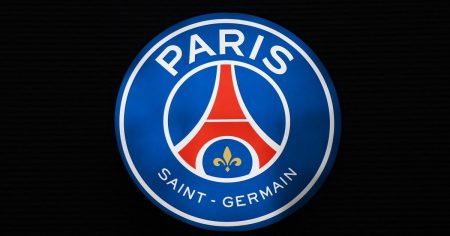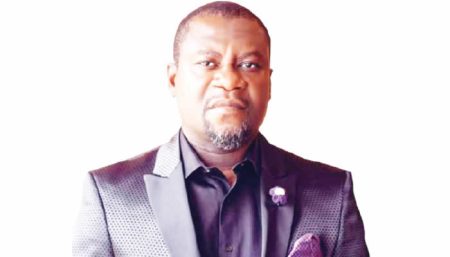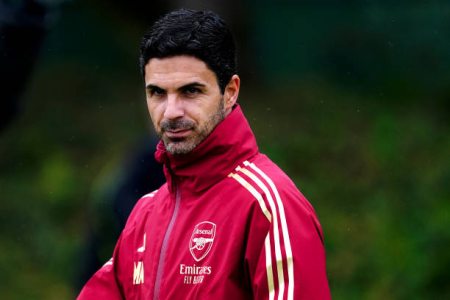Ange Postecoglou, the current manager of Tottenham Hotspur, responded with composure and a touch of pragmatism to recent comments made by former Spurs boss Mauricio Pochettino regarding his desire to return to the North London club one day. Pochettino, currently at the helm of the United States men’s national team, expressed his fondness for Tottenham and hinted at a possible future reunion, sparking speculation about Postecoglou’s position and the club’s long-term managerial plans. However, Postecoglou brushed aside any suggestion of feeling pressured or disrespected by Pochettino’s remarks, emphasizing his focus on the present and his commitment to transforming Tottenham’s playing style and achieving success.
Postecoglou’s response reflects a seasoned manager’s understanding of the football landscape and the transient nature of managerial appointments. He acknowledged Pochettino’s aspirations as natural and even expressed hope for their fulfillment, highlighting the universal human tendency to dream and pursue desired outcomes. Instead of perceiving Pochettino’s comments as a challenge to his authority or a sign of instability, Postecoglou interpreted them literally, suggesting that any deeper meaning or agenda would be best clarified by Pochettino himself. This approach demonstrates a level-headedness and a refusal to be drawn into unnecessary speculation or mind games.
The Australian manager further reinforced his commitment to the task at hand, stating unequivocally that his priority is leading Tottenham to victory in their upcoming matches. He emphasized his awareness of his responsibilities and the inherent precariousness of his position, acknowledging the possibility of the club opting for a different direction in the future. However, this awareness doesn’t seem to faze him. Instead, he projects a sense of self-assuredness and belief in his capabilities, suggesting that even if Tottenham were to replace him, another opportunity would arise elsewhere.
Postecoglou’s confidence stems from his clear understanding of his mandate at Tottenham: to implement a new playing philosophy, revitalize the squad, and ultimately, bring success to the club. He recognizes that his focus must remain firmly fixed on these objectives, regardless of external noise or speculation regarding his future. This unwavering dedication to his vision and his refusal to be distracted by external factors underscore his determination to leave a lasting positive mark on Tottenham Hotspur.
This pragmatic approach, combined with his evident passion for the game and his belief in his own abilities, paints a portrait of a manager who is not easily swayed by external pressures. Postecoglou’s response to Pochettino’s comments, therefore, underscores his commitment to Tottenham’s present and future success, while simultaneously acknowledging the ever-shifting sands of the football management world. He effectively communicates a message of resilience, focus, and a determination to succeed on his own terms, regardless of the potential challenges or distractions that may arise.
In essence, Postecoglou’s reaction to Pochettino’s comments reveals a manager secure in his role and focused on the task at hand. He acknowledges the possibility of change but remains undeterred, prioritizing his current objectives and demonstrating a robust self-belief that transcends the inherent uncertainties of football management. This resilience and focus are crucial attributes in a high-pressure environment, and Postecoglou’s unwavering dedication to his vision for Tottenham bodes well for the club’s future prospects, irrespective of the eventual outcome of his tenure. He is not dwelling on hypothetical scenarios or external commentary; instead, he is channeling his energy towards realizing his vision for the club, one match at a time.





